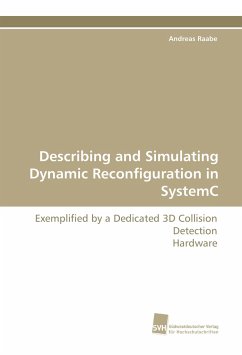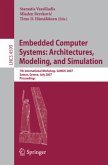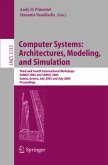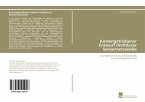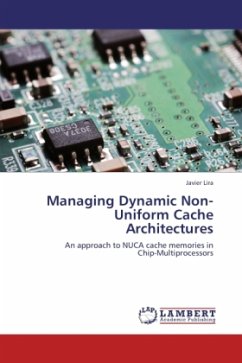Due to the on-going micro-miniaturisation in chip
production, hardware development has changed from
plain circuit design into the development of complex
heterogeneous systems within the last decade.
Configurable logic devices evolved considerably as
well, but in some branches of the market there is
even more hunger for bigger chips to be filled with
more functionality. This is due to the trend to pack
complete chipsets onto a single platform resulting in
systems-on-chip (SOC) and even complete
networks-on-chip (NOC).
Exploiting the ability to dynamically reconfigure
(i.e. partially change its functionality during
run-time) enables the implementation of systems that
do not fit into the chip completely. The major
obstacle here is that development tools do not
support dynamic reconfiguration conveniently. This
book proposes a methodology for developing and
refining reconfigurable hardware on all abstraction
levels provided by the number one system development
language SystemC.
production, hardware development has changed from
plain circuit design into the development of complex
heterogeneous systems within the last decade.
Configurable logic devices evolved considerably as
well, but in some branches of the market there is
even more hunger for bigger chips to be filled with
more functionality. This is due to the trend to pack
complete chipsets onto a single platform resulting in
systems-on-chip (SOC) and even complete
networks-on-chip (NOC).
Exploiting the ability to dynamically reconfigure
(i.e. partially change its functionality during
run-time) enables the implementation of systems that
do not fit into the chip completely. The major
obstacle here is that development tools do not
support dynamic reconfiguration conveniently. This
book proposes a methodology for developing and
refining reconfigurable hardware on all abstraction
levels provided by the number one system development
language SystemC.

